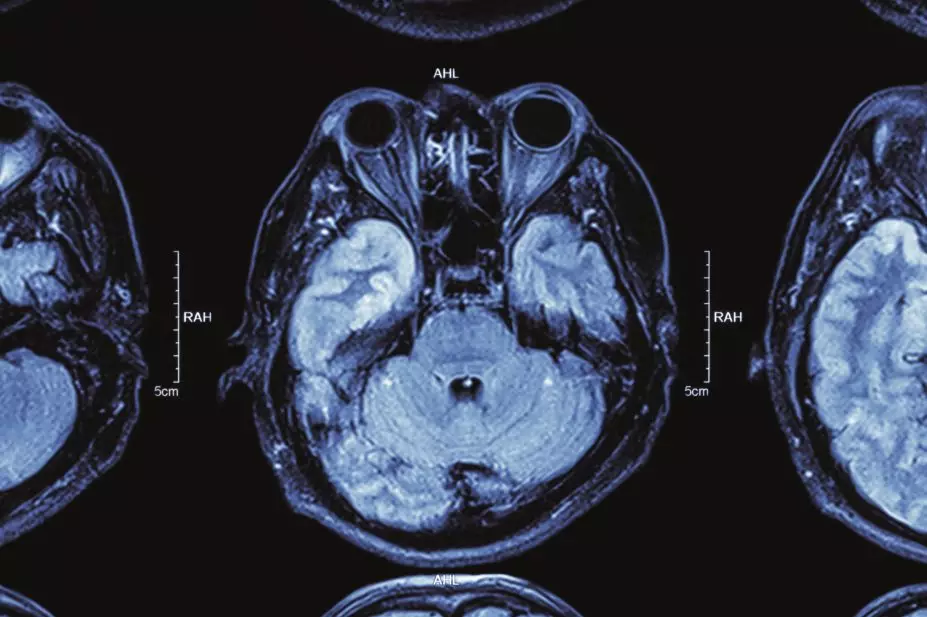
Shutterstock.com
Epilepsy has a strong genetic component and susceptibility to the disease is influenced by hundreds of genes. Now, researchers have used a ‘systems genetics’ approach to determine how these genes work together to cause epilepsy[1]
.
The team analysed hippocampal brain tissue samples from 129 people with temporal lobe epilepsy and found that genetic control of convulsions was due to a single gene, Sestrin 3 (SESN3). Furthermore, in a zebrafish model of epilepsy, knockdown of this gene led to attenuated seizures and reduced expression of proconvulsive molecules.
The study provides the first evidence of a function for SESN3 in disorders of the human brain and offers hope that disease-modifying therapies can be developed for epilepsy, write the researchers in Nature Communications.


